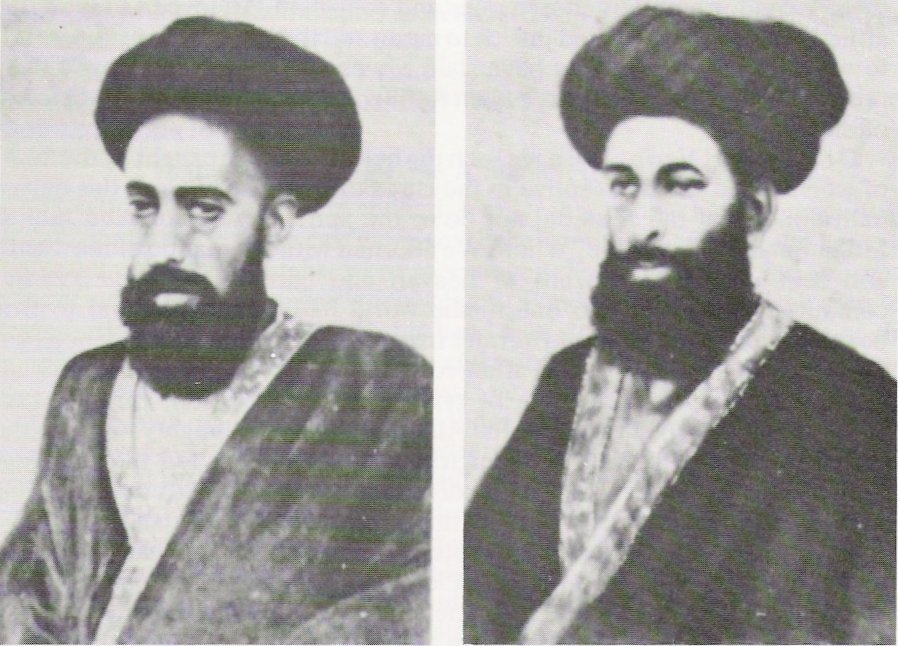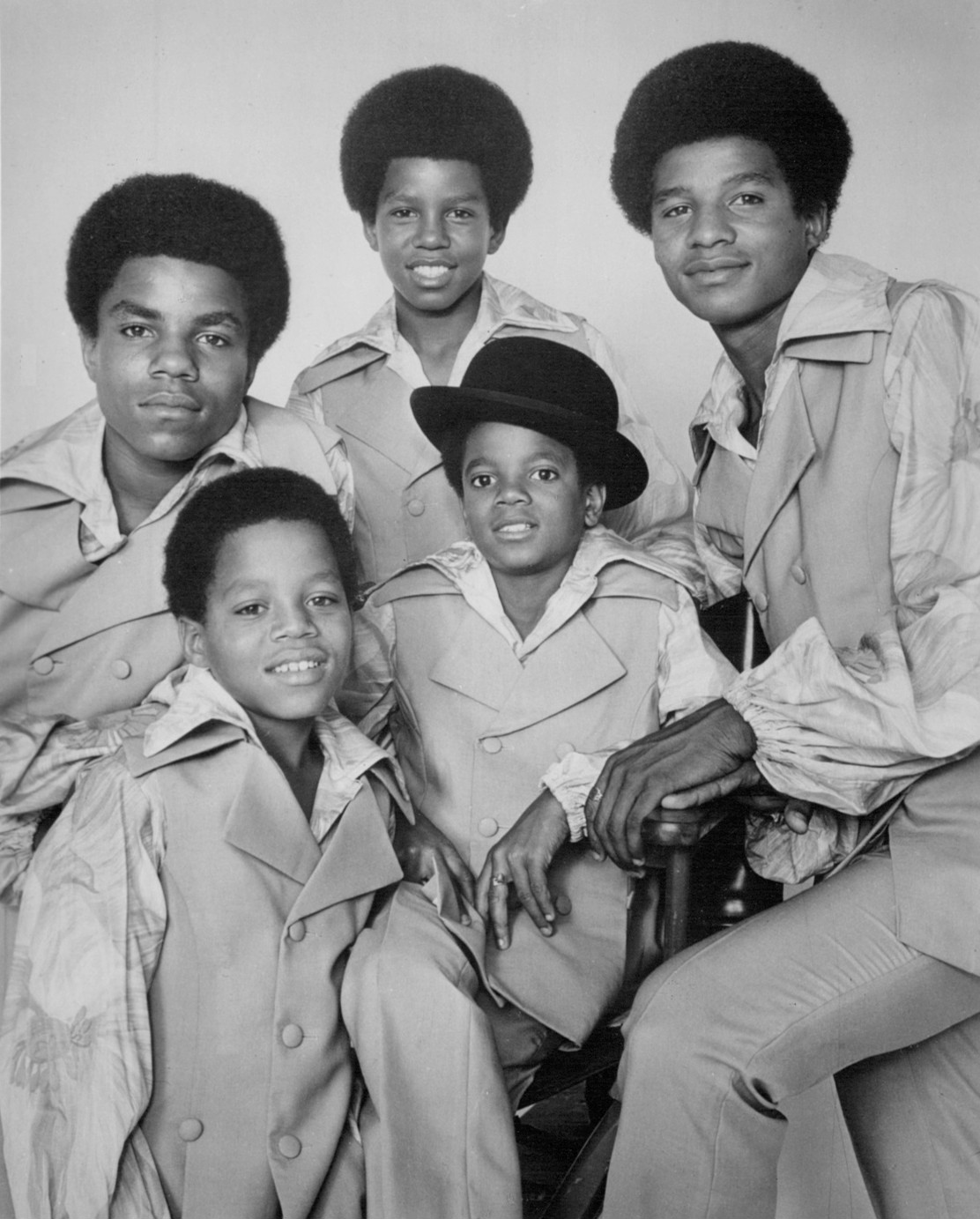|
Núrayn-i-Nayyirayn
Núrayn-i-Nayyirayn (, meaning "twin shining lights") are two brothers who were followers of Baháʼu'lláh, the founder of the Baháʼí Faith, a global religion of Persian origin. They were beheaded in 1879 as a result of being Baháʼís. Numerous letters and Tablets of Baháʼu'lláh, tablets were written in their honour by Baháʼu'lláh, who gave them the titles for which they are commonly known: the King of Martyrs and the Beloved of Martyrs. The older brother was Mírzá Muhammad-Husayn, given the title Mahbúbu's͟h-S͟huhadáʼ (Beloved of Martyrs). His brother was Mírzá Muhammad-Hasan, given the title Sultánu's͟h-S͟huhadaʼ (King of Martyrs). The latter was identified as one of the nineteen Apostles of Baháʼu'lláh. The two were both natives of Isfahan (city), Isfahan, and were both rich and highly endowed with trading acumen. They were beheaded in the city of Isfahan in 1879 as a result of three persons: Mir Muhammad-Husayn, the Khatib, Imám-Jum'ih of Isfahan; ... [...More Info...] [...Related Items...] OR: [Wikipedia] [Google] [Baidu] |
Epistle To The Son Of The Wolf
The ''Epistle to the Son of the Wolf'' is the last major work of Baháʼu'lláh, founder of the Baháʼí Faith, written in 1891 just before his death in 1892. It is a letter written to "the son of the Wolf," Shaykh Muhammad Taqi known as Áqá Najafi (1846-1914), a Muslim cleric in Isfáhán, where his family was the most powerful clerical family. Baháʼu'lláh called the father, Shaykh Muhammad Báqir (1819-1883), the Wolf because of his responsibility for the execution of the Nahrí brothers in Isfahan in 1879. The father and son were known for their persecution of the Baháʼís. Background In the book, Baháʼu'lláh admonishes Áqá Najafi ('Son of Wolf') and calls upon him to repent. His father Shaykh Muhammad Báqir, ('Wolf') and Mír Muḥammad Ḥusayn, the Imám Jum'ih of Isfahán, surnamed ('She-Serpent') were the conspirators against two brothers, Muhammad-Husayn Nahrí and Muhammad-Hasan Nahrí. The brothers came from an aristocratic and established mercantile ... [...More Info...] [...Related Items...] OR: [Wikipedia] [Google] [Baidu] |
Ulema
In Islam, the ''ulama'' ( ; also spelled ''ulema''; ; singular ; feminine singular , plural ) are scholars of Islamic doctrine and law. They are considered the guardians, transmitters, and interpreters of religious knowledge in Islam. "Ulama" may refer broadly to the educated class of such religious scholars, including theologians, canon lawyers (muftis), judges ( qadis), professors, and high state religious officials. Alternatively, "ulama" may refer specifically to those holding governmental positions in an Islamic state. By longstanding tradition, ulama are educated in religious institutions (''madrasas''). The Quran and sunnah (authentic hadith) are the scriptural sources of traditional Islamic law. Traditional way of education Students of Islamic doctrine do not seek out a specific educational institution, but rather seek to join renowned teachers. By tradition, a scholar who has completed their studies is approved by their teacher. At the teacher's individual dis ... [...More Info...] [...Related Items...] OR: [Wikipedia] [Google] [Baidu] |
Brother Duos
A brother (: brothers or brethren) is a man or boy who shares one or more parents with another; a male sibling. The female counterpart is a sister. Although the term typically refers to a familial relationship, it is sometimes used endearingly to refer to non-familial relationships. A full brother is a first degree relative. Overview The term ''brother'' comes from the Proto-Indo-European *bʰréh₂tēr, which becomes Latin ''frater'', of the same meaning. Sibling warmth or affection between male siblings has been correlated to some more negative effects. In pairs of brothers, higher sibling warmth is related to more risk taking behaviour, although risk taking behaviour is not related to sibling warmth in any other type of sibling pair. The cause of this phenomenon in which sibling warmth is only correlated with risk taking behaviours in brother pairs still is unclear. This finding does, however, suggest that although sibling conflict is a risk factor for risk taking behaviou ... [...More Info...] [...Related Items...] OR: [Wikipedia] [Google] [Baidu] |
Executed Iranian People
Capital punishment, also known as the death penalty and formerly called judicial homicide, is the state-sanctioned killing of a person as punishment for actual or supposed misconduct. The sentence (law), sentence ordering that an offender be punished in such a manner is called a death sentence, and the act of carrying out the sentence is an execution. A prisoner who has been sentenced to death and awaits execution is ''condemned'' and is commonly referred to as being "on death row". Etymologically, the term ''capital'' (, derived via the Latin ' from ', "head") refers to execution by Decapitation, beheading, but executions are carried out by List of methods of capital punishment, many methods, including hanging, Execution by shooting, shooting, lethal injection, stoning, Electric chair, electrocution, and Gas chamber, gassing. Crimes that are punishable by death are known as ''capital crimes'', ''capital offences'', or ''capital felonies'', and vary depending on the jurisdic ... [...More Info...] [...Related Items...] OR: [Wikipedia] [Google] [Baidu] |
People Executed By Dismemberment
The term "the people" refers to the public or common mass of people of a polity. As such it is a concept of human rights law, international law as well as constitutional law, particularly used for claims of popular sovereignty. In contrast, a people is any plurality of persons considered as a whole. Used in politics and law, the term "a people" refers to the collective or community of an ethnic group or nation. Concepts Legal Chapter One, Article One of the Charter of the United Nations states that "peoples" have the right to self-determination. Though the mere status as peoples and the right to self-determination, as for example in the case of Indigenous peoples (''peoples'', as in all groups of indigenous people, not merely all indigenous persons as in ''indigenous people''), does not automatically provide for independent sovereignty and therefore secession. Indeed, judge Ivor Jennings identified the inherent problems in the right of "peoples" to self-determination, as i ... [...More Info...] [...Related Items...] OR: [Wikipedia] [Google] [Baidu] |
Victims Of Human Rights Abuses
Victim(s) or The Victim may refer to: People * Crime victim * Victim, in psychotherapy, a posited role in the Karpman drama triangle model of transactional analysis * Casualty (person), the victim of an event Films and television * ''The Victim'' (1916 film), an American silent film by the Fox Film Corporation starring vamp Valeska Suratt * ''The Victim'' (1930 film), an American film starring Esther Howard * ''Victim'' (1961 film), a British drama film featuring Dirk Bogarde * ''The Victim'' (1972 film), a television film produced for American Broadcasting Company * ''The Victim'' (1980 film), a Hong Kong film directed by and starring Sammo Hung * ''Victim'' (1999 film), a Hong Kong film directed by Ringo Lam * ''The Victim'' (2006 film), a Thai horror-thriller film written by Monthon Arayangkoon * ''Victim'' (2010 film), an American indie film directed by Matt Eskandari * ''The Victim'' (2011 film), an American horror film written by and starring Michael Biehn * ''V ... [...More Info...] [...Related Items...] OR: [Wikipedia] [Google] [Baidu] |
19th-century Bahá'ís
The 19th century began on 1 January 1801 (represented by the Roman numerals MDCCCI), and ended on 31 December 1900 (MCM). It was the 9th century of the 2nd millennium. It was characterized by vast social upheaval. Slavery was abolished in much of Europe and the Americas. The First Industrial Revolution, though it began in the late 18th century, expanded beyond its British homeland for the first time during the 19th century, particularly remaking the economies and societies of the Low Countries, France, the Rhineland, Northern Italy, and the Northeastern United States. A few decades later, the Second Industrial Revolution led to ever more massive urbanization and much higher levels of productivity, profit, and prosperity, a pattern that continued into the 20th century. The Catholic Church, in response to the growing influence and power of modernism, secularism and materialism, formed the First Vatican Council in the late 19th century to deal with such problems and confirm ce ... [...More Info...] [...Related Items...] OR: [Wikipedia] [Google] [Baidu] |
People Executed By Qajar Iran
The term "the people" refers to the public or common mass of people of a polity. As such it is a concept of human rights law, international law as well as constitutional law, particularly used for claims of popular sovereignty. In contrast, a people is any plurality of persons considered as a whole. Used in politics and law, the term "a people" refers to the collective or community of an ethnic group or nation. Concepts Legal Chapter One, Article One of the Charter of the United Nations states that "peoples" have the right to self-determination. Though the mere status as peoples and the right to self-determination, as for example in the case of Indigenous peoples (''peoples'', as in all groups of indigenous people, not merely all indigenous persons as in ''indigenous people''), does not automatically provide for independent sovereignty and therefore secession. Indeed, judge Ivor Jennings identified the inherent problems in the right of "peoples" to self-determination, as i ... [...More Info...] [...Related Items...] OR: [Wikipedia] [Google] [Baidu] |
1879 Deaths
Events January * January 1 ** The Specie Resumption Act takes effect. The United States Note is valued the same as gold, for the first time since the American Civil War. ** Brahms' Violin Concerto (Brahms), Violin Concerto is premiered in Leipzig with Joseph Joachim as soloist and the composer conducting. * January 11 – The Anglo-Zulu War begins. * January 22 – Anglo-Zulu War – Battle of Isandlwana: A force of 1,200 British soldiers is wiped out by over 20,000 Zulu warriors. * January 23 – Anglo-Zulu War – Battle of Rorke's Drift: Following the previous day's defeat, a smaller British force of 140 successfully repels an attack by 4,000 Zulus. February * February 3 – Mosley Street in Newcastle upon Tyne (England) becomes the world's first public highway to be lit by the electric incandescent light bulb invented by Joseph Swan. * February 8 – At a meeting of the Royal Canadian Institute, engineer and inventor Sandford Fleming first prop ... [...More Info...] [...Related Items...] OR: [Wikipedia] [Google] [Baidu] |
Iranian Bahá'ís
Iranian () may refer to: * Something of, from, or related to Iran ** Iranian diaspora, Iranians living outside Iran ** Iranian architecture, architecture of Iran and parts of the rest of West Asia ** Iranian cuisine, cooking traditions and practices Other uses * Iranian peoples, the speakers of the Iranian languages. The term Iranic peoples is also used for this term to distinguish the pan-ethnic term from Iranian, used for the people of Iran * Iranian languages, a branch of the Indo-Iranian languages * Iranian.com, also known as ''The Iranian'' and ''The Iranian Times'' See also * Persian (other) * Iranians (other) * Languages of Iran * Ethnicities in Iran * Demographics of Iran * Indo-Iranian languages * Irani (other) Irani may refer to the following: * Anything related to Iran * Irani (India), an ethno-religious group of Zoroastrian Iranian ancestry in the Indian subcontinent, one of the two Zoroastrian groups in India, the other being the Parsis ** ... [...More Info...] [...Related Items...] OR: [Wikipedia] [Google] [Baidu] |






